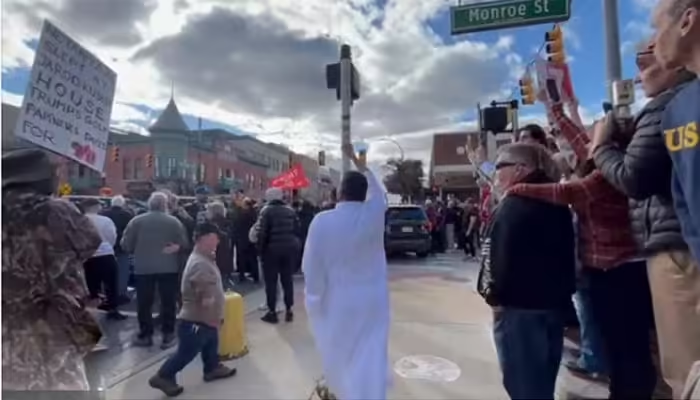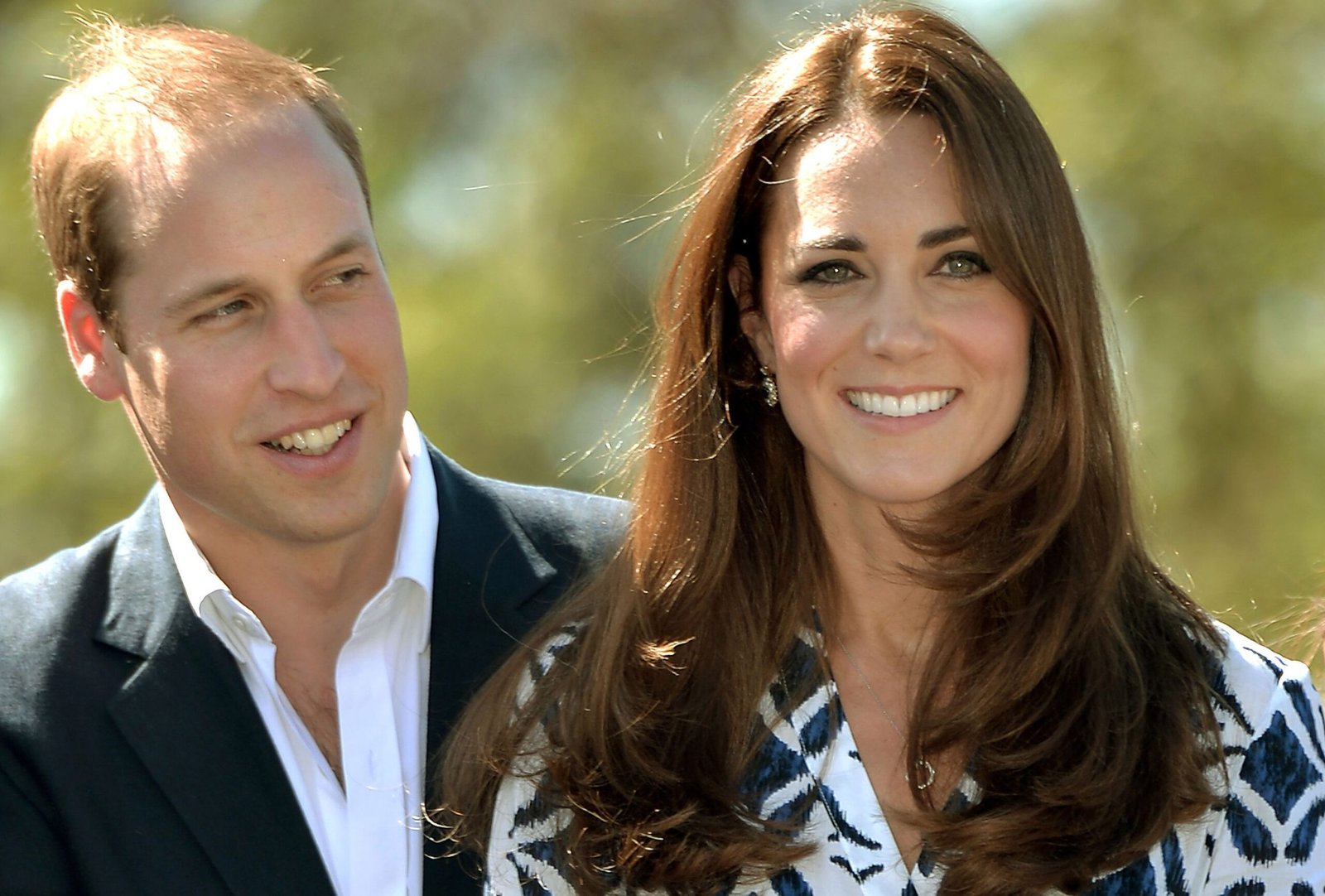In a pivotal election season, the city of Dearborn, Michigan—home to a large Arab-American population—has become a focal point for both Donald Trump and Kamala Harris, with each candidate making last-minute efforts to secure support. During Trump’s recent rally in Dearborn, slogans advocating for Palestine’s liberation reverberated through the crowd, highlighting the community’s concerns over U.S. foreign policy in the Middle East.
With just days remaining before the U.S. election, the competition between Trump and Harris has reached a fever pitch. The American media reports a growing divide in Dearborn, where voters are caught between dissatisfaction with Democratic policies on the Middle East and reservations about Trump’s rhetoric. The split in voter sentiment has positioned Michigan as a potential deciding factor in the election, with Arab-American and Muslim communities poised to influence the outcome significantly.
Dearborn’s voters find themselves at a crossroads, especially given the Biden administration’s stance on the Gaza conflict, which has left many Arab-Americans, especially those of Yemeni descent, disillusioned. Political analysts suggest that this discontent could lead some traditional Democratic supporters to lean towards Trump, who has actively sought to appeal to Arab-American concerns. However, this outreach comes with its own complexities, as Trump’s previous remarks on Yemeni-Americans have caused tension.
Arab-American leaders in Dearborn are aware of the stakes. Local council member Muhammad Hassan estimates that up to 80% of Bangladeshi Muslim votes, largely from around 25,000 registered voters, may still align with Kamala Harris despite current grievances, while approximately 20% may shift to Trump. However, for Yemeni-Americans, there may be a more even split, with sentiments toward the Gaza situation significantly impacting their choices.
Local leaders emphasize that it would be shortsighted to assume Michigan’s Arab-American community will vote uniformly. The sentiments are varied: while many are frustrated with Democratic policies, others view Kamala Harris as a candidate capable of addressing complex Middle Eastern issues. These contrasting perspectives highlight the diversity within Michigan’s Muslim and Arab communities, where loyalties do not fit neatly into any single narrative.
The dualities within Michigan’s Arab-American electorate make it challenging for any one candidate to confidently secure the majority of these votes. This complexity, fueled by the Gaza conflict and broader regional dynamics, has created an atmosphere where both candidates must navigate carefully.
A few leaders suggest that Trump’s approach to the Yemeni community has been problematic. During a recent speech in Pennsylvania, Trump’s remarks cast a shadow on his current efforts to win over Yemeni voters in Michigan. Describing people of Yemeni descent as potential threats has left many skeptical of his sincerity. Some local leaders believe that such statements reveal an underlying bias that remains at odds with Trump’s outreach efforts.
For many, this rally, underscored by chants of “Free Palestine,” has underscored a deeper narrative of unity and advocacy within the Arab-American community. Michigan’s Arab-American community, historically a stronghold for Democratic candidates, now finds itself in a position to sway the outcome of the state. Analysts note that both campaigns are aware that Muslim voters could be the decisive factor in Michigan, a swing state where even minor shifts in voter behavior could tip the scales.
Hassan and other community leaders remain cautiously optimistic that this election will be a turning point for Arab-American representation in U.S. politics. Their voices, once marginalized, are now recognized as essential in shaping electoral outcomes in key states like Michigan. As the election nears, the ability of both Trump and Harris to address Middle Eastern policies, as well as to mend strained relationships, will be critical.
While Trump’s attempts to reach out to Dearborn’s Arab-American voters might represent a shift in his campaign strategy, questions about authenticity and past rhetoric continue to loom. Kamala Harris, on the other hand, faces her own challenges as she seeks to retain the traditional Democratic base while addressing the discontent within it.
With the election date fast approaching, Michigan’s Arab-American voters—particularly those in Dearborn—have become a symbol of the broader challenges facing both campaigns. The slogans for Palestine’s liberation, heard at Trump’s rally, illustrate a deeper yearning for change and a call for leaders who respect and address these community concerns. The Arab-American community is not just another demographic; it is a powerful constituency that could alter the course of U.S. politics.
In this tense election climate, Michigan’s Arab-American voters hold the power to send a clear message, one that demands recognition, respect, and tangible policy change. Whether they choose Trump, Harris, or a mix of both, one thing is clear: Michigan’s Arab-Americans are no longer willing to be overlooked in the democratic process.



